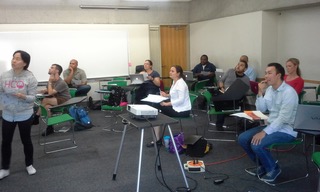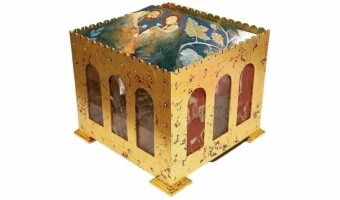
Rendez-vous « évangélique » à Luxembourg les 13-14 mars
2 mars 2025
Dans le cadre des festivités liées au septième centenaire du Docteur angélique, et d’une visite des reliques du saint dans le Grand-Duché, nous coorganisons avec la Luxembourg School of Religion and Society deux journées de colloque sur Thomas d’Aquin comme figure de renouveau évangélique. Après le colloque de Barcelone l’an passé, ce sera une occasion […]
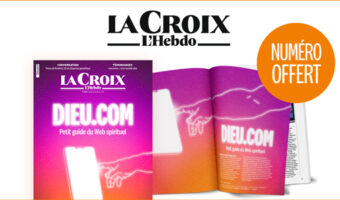
BibleArt citée parmi les « must » du Carême
1 mars 2025
Merci aux amis de La Croix de faire connaître votre appli biblique préférée, (ainsi que notre petite-fillote devenue grande Prixm) tout est dit dans leur dernière phrase pour présenter BibleArt : « Une gigantesque cathédrale de pixels dans laquelle on n’a qu’une envie : se perdre »* *cf. Matthieu 16,25 Dieu.com : numéro offert ! À l’orée du […]
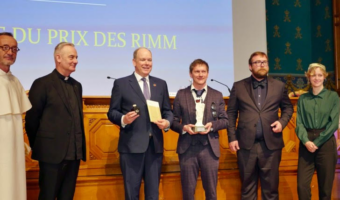
Une aide de la Principauté de Monaco
12 février 2025
Nous sommes heureux de remercier ici la Direction des Affaires Culturelles du Gouvernement princier, à travers la Société pour la Gestion des Droits d’Auteurs (SOGEDA), pour son soutien à notre entreprise d’édition botanique des Écritures. En 2025, elle contribue ainsi au financement de la recherche biblico-botanique et de la création artistique de notre Sœur Marie-Reine […]
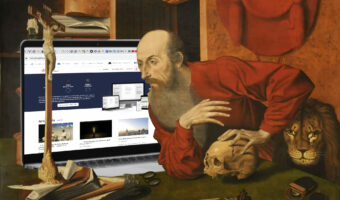
Appel à candidatures : AMI en Philologie (Grammaire, Lettres classiques, Études sémitiques) pour 2025-2026
28 janvier 2025
Aide à la Mobilité Internationale en Lettres à Jérusalem — Scholarship in Jerusalem

Appel à candidatures : AMI en Littérature (française | francophone) pour 2025-2026
28 janvier 2025
Aide à la Mobilité Internationale en Lettres à Jérusalem — Scholarship in Jerusalem

Appel à candidatures : AMI en Histoire de l’art, pour 2025-2026
28 janvier 2025
Aide à la Mobilité Internationale en histoire de l'art à Jérusalem — scholarship in art history in Jerusalem

Appel à candidatures : Community Manager pour 2025-2026
28 janvier 2025
Aide à la Mobilité Internationale en Lettres à Jérusalem — Scholarship in Jerusalem : Community Manager
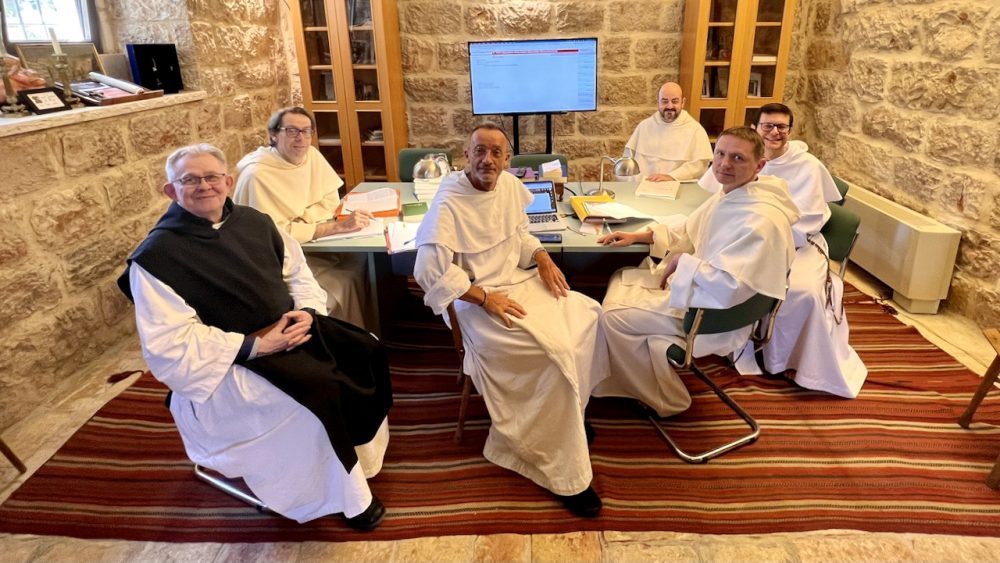
Action de grâce pour la vie du bureau à Jérusalem
4 janvier 2025
nouvelles des activités de la BEST à l'automne hiver 2024
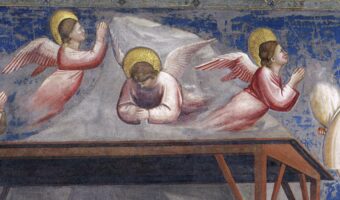
Des messagers de bonnes nouvelles nous rendent visite
28 décembre 2024
soutiens à la Bible en ses traditions en visite à Jérusalem
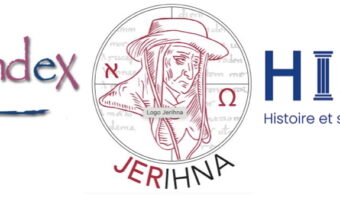
Collaborations scientifiques
28 décembre 2024
Nouvelles collaborations scientifiques inter-institutionnelles entre La Bible en ses Traditions et d'autres programmes de recherche
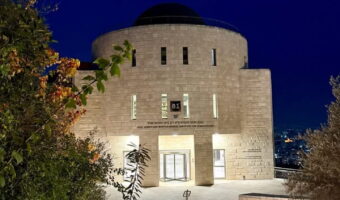
Lancement du « Jerusalem Consortium for New Testament Studies »
21 décembre 2024
Le 3 décembre au soir, une assemblée fournie d’environ 80 personnes se pressait dans une belle salle du bâtiment Mandel, à l’université hébraïque de Jérusalem, pour participer au lancement du « Jerusalem Consortium for New Testament Studies ». En ces temps de violences multi-azimut en Terre sainte, comment ne pas se réjouir que des bonnes […]
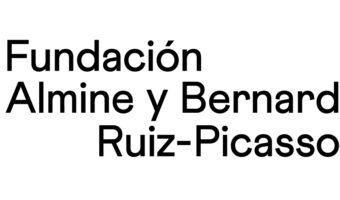
Picasso : racines bibliques
25 novembre 2024
Favorisée par le P. Christian Venard, une rencontre entre fr. Olivier-Thomas, directeur de notre programme et Monsieur Bernard Ruiz-Picasso a permis de poser les fondations d’une collaboration entre la Bible en ses Traditions / BibleArt et la Fondation Almine & Bernard Ruiz-Picasso. En effet, le petit-fils de Pablo organise pour l’automne prochain ou le printemps […]
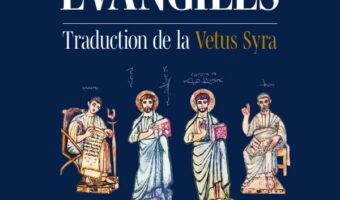
« Les Quatre Évangiles | Traduction de la Vetus syra », lancés au Collège des Bernardins le 14 novembre dernier
15 novembre 2024
lancement de l'évangéliaire vieux-syriaque au collège des Bernardins
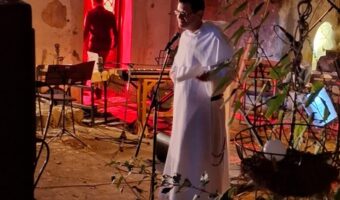
Bible, théologie & culture : « Les 7 péchés capitaux »
9 novembre 2024
Fr. Olivier Catel, de notre Comité éditorial, au festival d’Ein Kerem Le mercredi 23 octobre, le frère Olivier Catel est intervenu lors du Festival d’Ein Kerem à Jérusalem. Étienne Lepicard, directeur de « Beth Ha-Gat », et l’association MAROM, qui a pour mission le dialogue judéo-chrétien en Israël, ont organisé une représentation des Sept péchés capitaux, […]
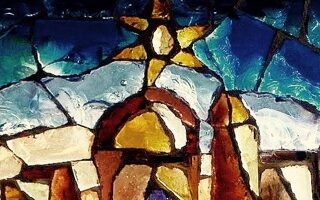
Reconnaissance et espérance
2 août 2024
Reconnaissance MERCI à vous, d’abord, pour votre soutien qui a permis, enfin, le « lancement » de nos nouvelles interfaces BibleArt, pour consulter notre base de données depuis vos mobiles ou vos ordinateurs fixes (et bravo à nos développeurs numériques !) : MERCI à ceux qui nous ont quittés ces derniers mois, pour tout ce […]
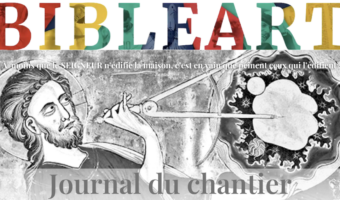
« Journal de chantier » : des nouvelles mensuelles
2 août 2024
En plus de la présente lettre bisannuelle d’informations sur le développement général de La Bible en ses Traditions, pour accompagner le lancement de BibleArt, nous enverrons une fois par mois des nouvelles concernant les enrichissements et améliorations de notre bible en ligne, en dialogue constant avec ses utilisateurs, sous forme d’un « journal de chantier […]
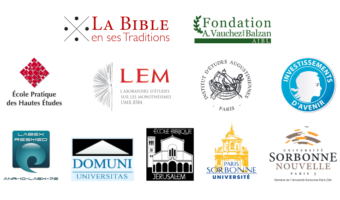
COLLOQUE international, les 5-6 décembre, en Sorbonne
5 novembre 2016
En partenariat avec l’Université de la Sorbonne Nouvelle, nous organisons le colloque Mise(s) en oeuvre(s) des Écritures Le 5 décembre, salle Bourjac (17, rue de la Sorbonne) Le 6 décembre, salle Prestige (4, rue des Irlandais) Nous espérons vous y retrouver nombreux ! En voici le programme complet et détaillé :

BIBLE EN SES TRADITIONS AISBL : nous avons une personnalité juridique !
6 août 2015
Maintenant que notre programme de recherches commence à prendre son essor, et alors que de premières réalisations digitales sont à l’horizon, il devenait urgent de lui donner une base juridique ferme. À cette fin, l’association internationale sans but lucratif (a.i.s.b.l.) « BEST » a été fondée en Belgique le 17 mars 2015, un Arrêté Royal accordant la […]

Les collègues parlent de La Bible en ses Traditions
2 août 2024
mentions de notre programme de recherches dans des revues scientifiques

